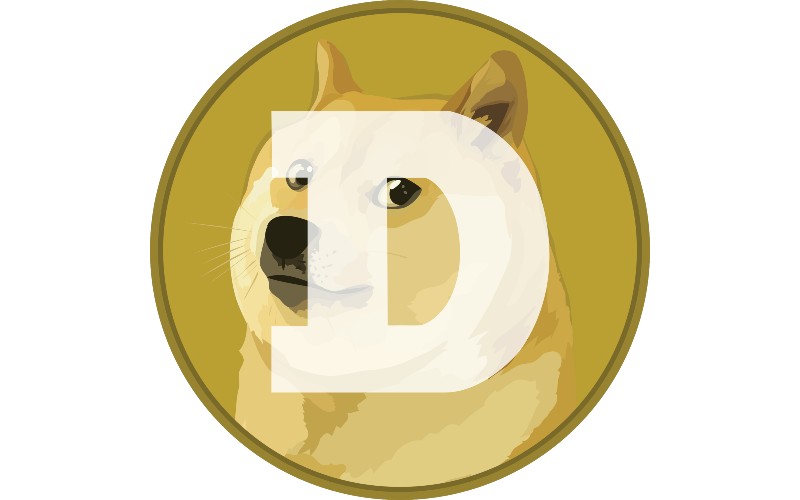A peer-to-peer, open-source meme coin which was created as a satire on the hype surrounding cryptocurrencies but is now a major player in the space.
Mission
Initially marketed as a fun version of Bitcoin – it famously has a Shiba Inu (Japanese breed) dog as its logo – DOGE was forked from Litecoin in December 2013 and based on an internet meme.
Unlike Bitcoin, it uses a Scrypt algorithm and an unlimited supply of the coins can be mined, which arguably should result in a faster and more flexible digital currency.
Use-cases
Dogecoin’s main use to date is as a tipping system to reward quality content on social platforms such as Reddit and Twitter.
The coin has a highly engaged community and received high-profile support from Tesla CEO and investor Elon Musk, which has seen its value rocket. It has a history of donating DOGE to good causes, with the motto ‘Do Only Good Everyday’.
Users can also donate DOGE for redistribution to newcomers via ‘faucets’ – websites or apps – which is intended to grow the coin’s community.
Founders
An Adobe product manager in Australia, Jackson Palmer, jokingly ‘launched’ the coin on Twitter to satirise the hype of the crypto community. However, after positive feedback, he bought the domain dogecoin.com.
Billy Markus, an IBM software developer in the United States whose ambition was to build a digital currency, contacted him for permission to build the software. He says he did this in two hours – and the website subsequently received more than a million visitors within the first 30 days.
In 2015, Palmer departed the project, saying a “toxic community” had grown up around the coin and the money it was producing. It is now being maintained by volunteers.
Economics
People can mine Dogecoin alongside Litecoin, and it is profitable for them to do so.
The unlimited supply of DOGE means the coin is subject to inflation, meaning its value could diminish as more are created – in the same way that traditional fiat currencies can lose value during quantitative easing.

